Californium
What is Californium
A radioactive metal, californium (pronounced as kal-eh-FOR-nee-em) belongs to the family of actinides and denoted by the chemical symbol Cf [1]. It undergoes reactions when heated with hydrogen, nitrogen, and halogens [3]. It has 20 isotopes out of which californium-251 has a half-life of 900 years [1, 3].
History
Origin of its Name: The element is named after the university and state of California where its discovery took place [1].
Who Discovered it: Stanley Thompson, Jr. Albert Ghiorso, Kenneth Street, and Glenn Seaborg were responsible for synthesizing californium [1].
When, Where, and How was Californium Discovered
In 1950 at Berkeley, California, a research team comprising of Thompson, Ghiorso, Street, and Seaborg targeted curium-242 with helium ions to produce californium-245 that had a half-life of 44 minutes along with a free neutron [1]. Overall, only 5000 atoms of the new element have been artificially synthesized.
Position of Californium on the Periodic Table [1]
| Group | Actinides |
| Period | 7 |
| Block | f |
Properties and Characteristics of the Element
General Properties |
||
| Relative atomic mass/weight | 247 [1] | |
| Atomic mass | 247 atomic mass units [7] | |
Physical Properties |
||
| Color/appearance | Silver white [3] | |
| Odor | Unknown [6] | |
| Melting point/freezing point | 900°C (1652°F) [1] | |
| Boiling point | Unknown [1] | |
| Density | 14.78 g/cm3 [1] | |
| State at normal room temperature (solid/liquid/gas) | Solid [1] | |
| Thermal conductivity | 10 W m-1 K-1 [3] | |
Chemical Properties |
||
| Flammability | Unknown [6] | |
| Oxidation state/Oxidation number | +2, +3, +4 [1] | |
Atomic Data of Californium
| Atomic number | 98 [1] | ||||||
| Electron configuration (noble gas configuration) | [Rn] 5f10 7s2 [1] | ||||||
| Atomic structure | |||||||
| – Number of Electrons | 98 [3] | ||||||
| – Number of Neutrons | 153 | ||||||
| – Number of Protons | 98 | ||||||
|
Radius of atom |
|||||||
| – Atomic Radius | 2.45 Å [1] | ||||||
| – Covalent Radius | 1.68 Å [1] | ||||||
| Ionization energy [1]
(kJmol-1) |
1st | 2nd | 3rd | 4th | 5th | 6th | 7th |
| 606.092 | 1138.5 | – | – | – | – | – | |

Californium Bohr Model
What are the Uses of Californium
- Since Cf is a source of neutrons, it’s used as a neutron emitter in nuclear reactors [1, 3] as well as in the identification of gold and silver ores through a process called neutron activation analysis [3, 5].
- The ability of the element to generate high-energy neutrons makes it useful as a moisture gauge/meter to detect water layers in oil wells [3, 5].
- It is found to be effective in the determination of metal stress in aircraft [1].
- Californium is used in portable metal detectors [1].
- Californium-252 might be useful in the cancer treatment of pelvic organs such as uterus, bladder, and rectum [3]. It is also sometimes used in jewelry making.
Dangerous Effects of Californium
Extended exposure to the metal might be hazardous though no studies have been able to show its carcinogenic effects on humans [3].
Interesting Facts
- One microgram of californium-252 can generate 170,000,000 neutrons per minute [2].
- The element was not available in weighable amounts until ten years after its discovery due to minute production in the laboratory [1].
Californium Price
As Cf is only produced in milligrams by bombarding neutrons with plutonium-239, it may not be available in the commercial market [1]. However, it has been speculated that the radioactive metal may cost about $27 million per gram if produced on a larger scale.
- References
- http://www.rsc.org/periodic-table/element/98/californium
- https://education.jlab.org/itselemental/ele098.html
- https://pubchem.ncbi.nlm.nih.gov/compound/californium#section=Top
- https://www.chemicool.com/elements/californium.html
- http://periodic.lanl.gov/98.shtml
- https://prezi.com/i9ohhd0apn4_/californium/
- http://hobart.k12.in.us/ksms/PeriodicTable/californium.htm




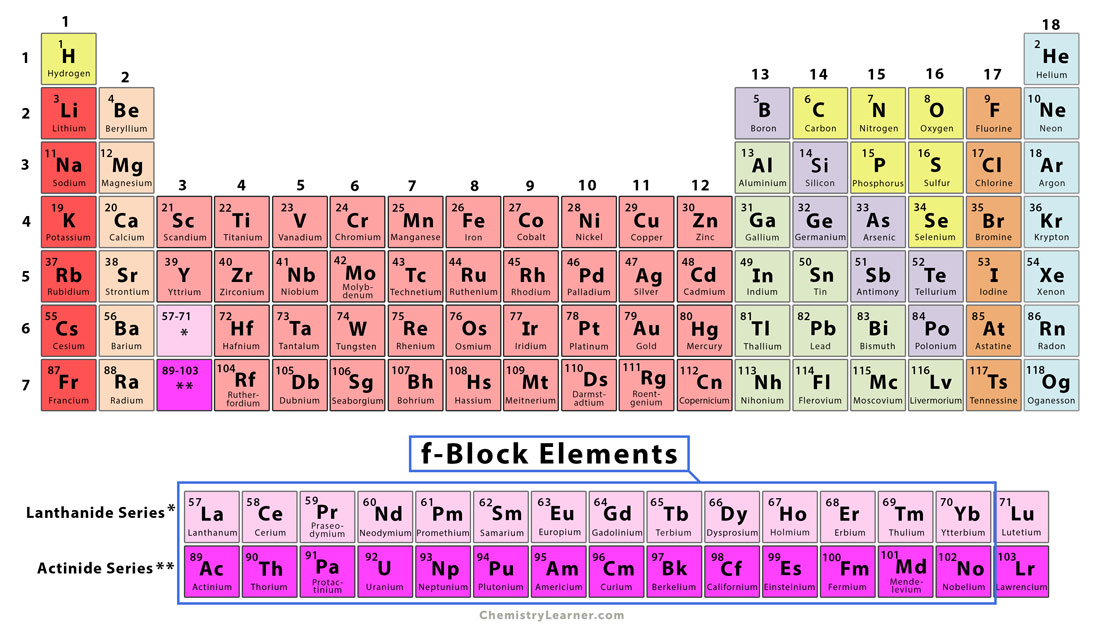
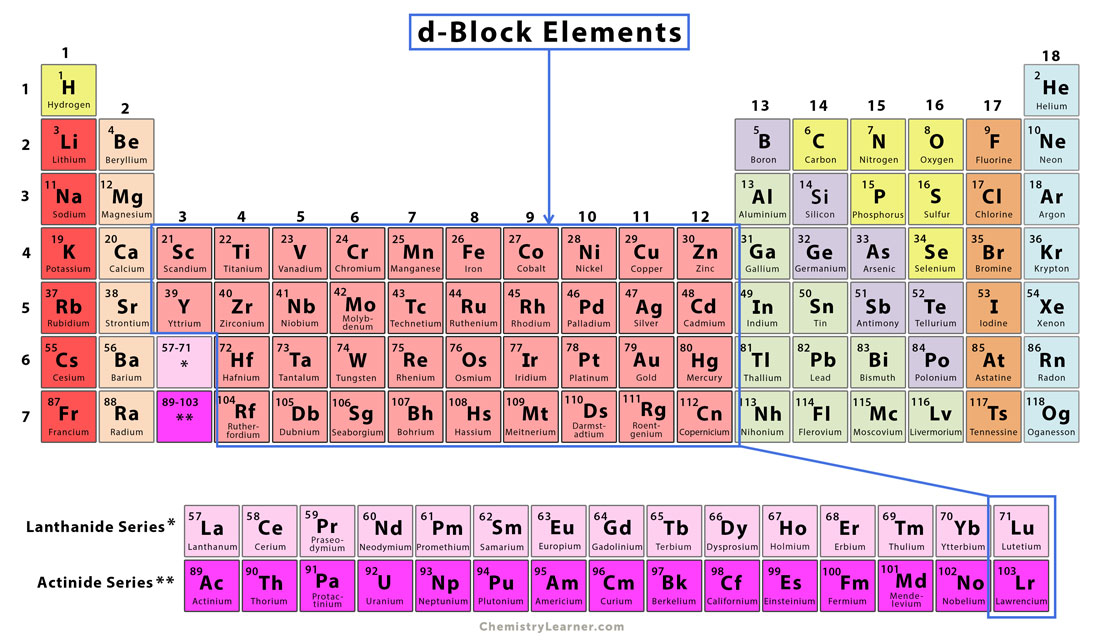
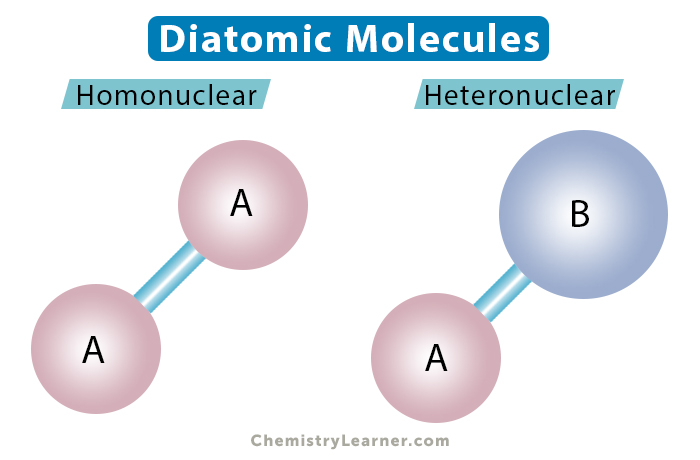
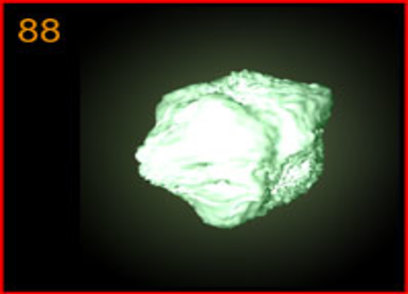
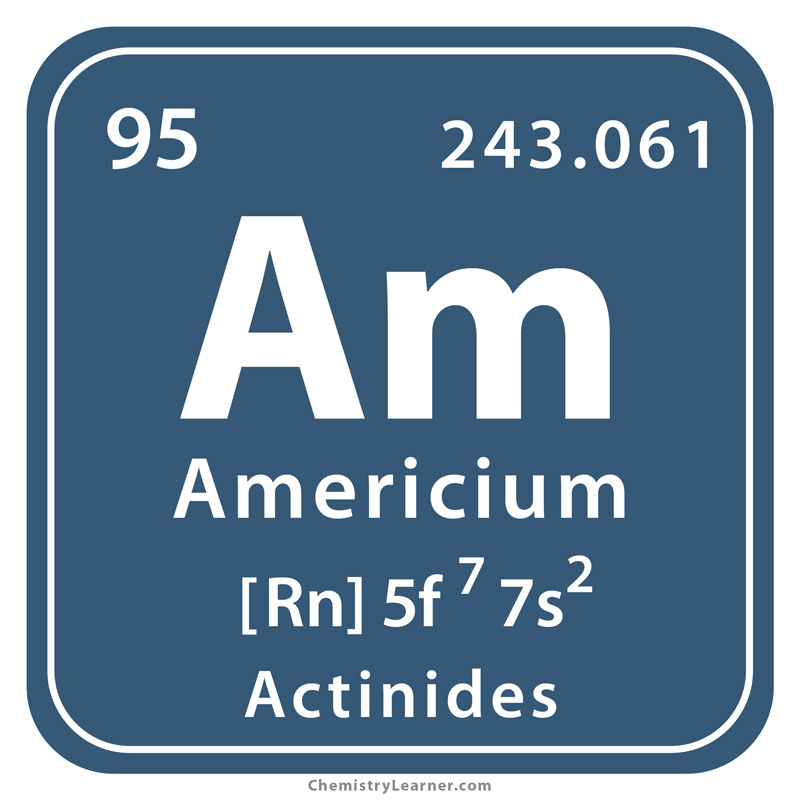
Who buys Californium? What is the legal way of selling it?
who buys californium? i want to sell
Can I see the picture of it. Contact me on 2347033717798